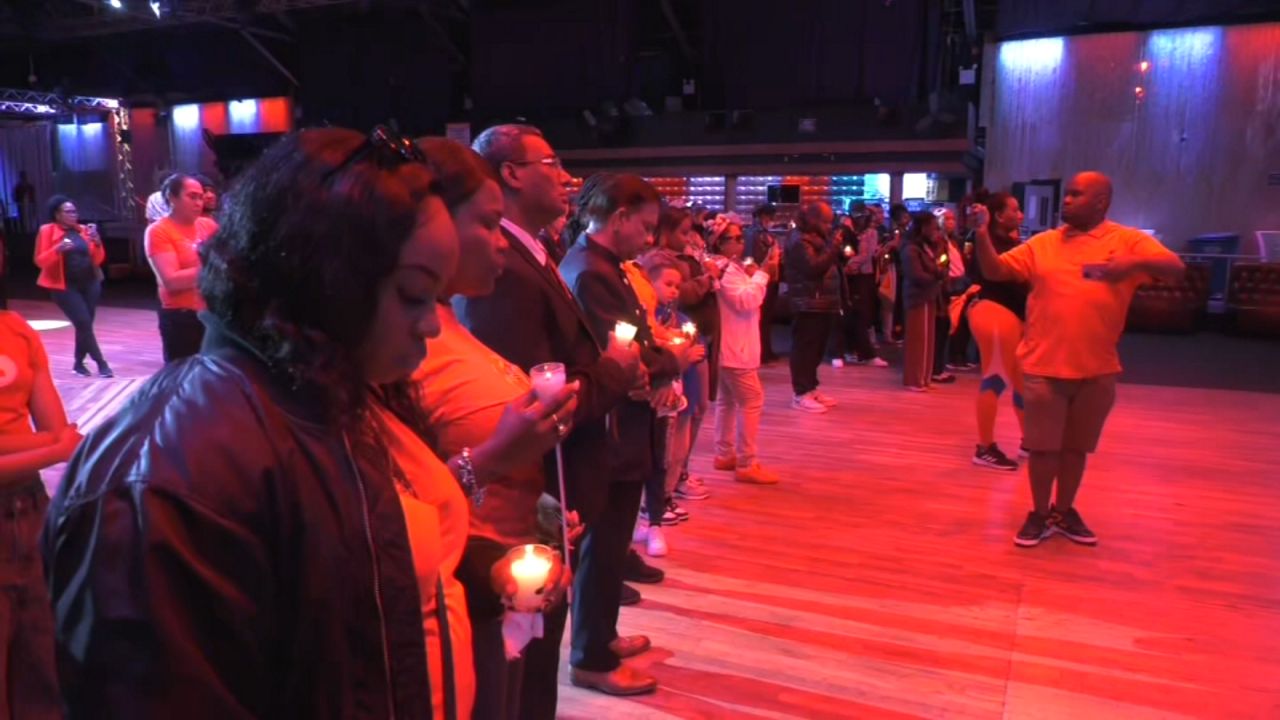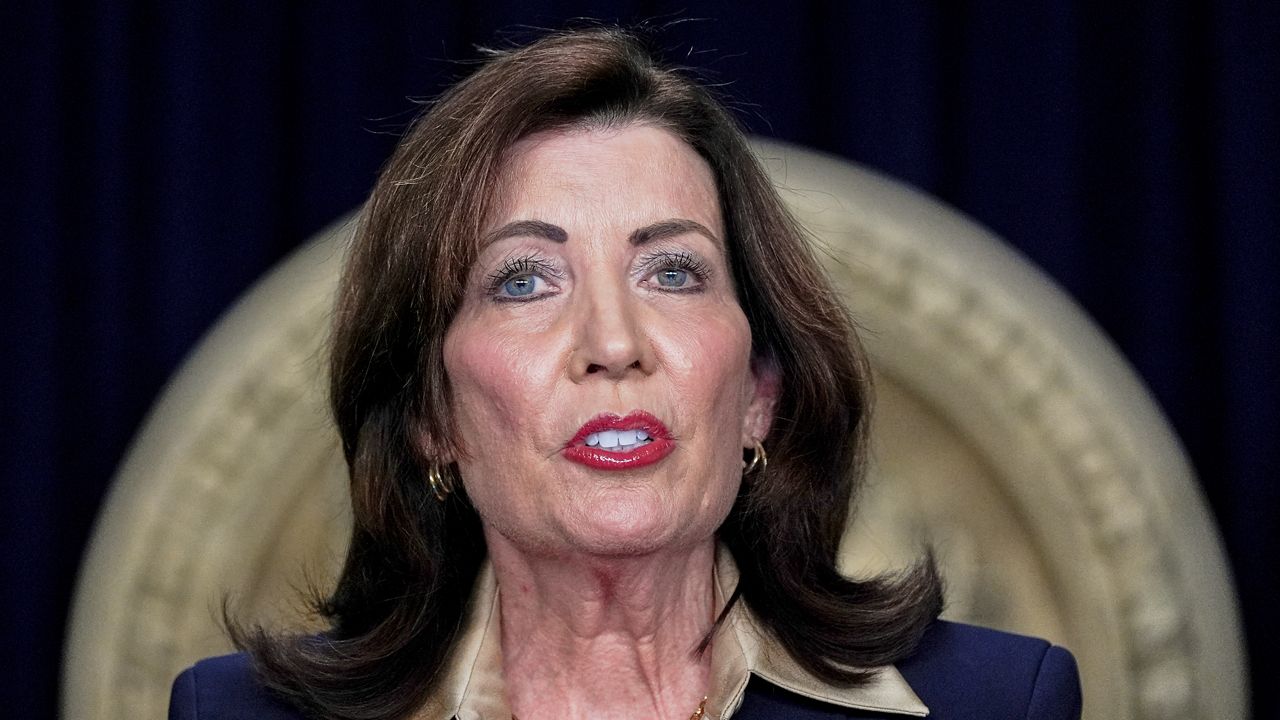For nearly a year, inspectors from the city have been checking to make sure e-bikes and e-scooters have the safety certifications required by city law.
NY1 has learned, so far, there have been a couple hundred summonses and more than $42,000 issued in fines by the Department of Consumer and Worker Protection.
The focus is not only on storefronts in the city but also on online businesses, which are expected to restrict the sales of e-devices that lack the safety credentials.
Additionally, the FDNY checks for fire code violations focused on lithium-ion battery storage issues. They have issued more than 1,000 violations since last year, according to a department spokesperson.
In September, a series of bills — called local law 39 — went into effect. There are several labs listed to meet the city’s safety requirements. DCWP was empowered to investigate. Starting this September, the fire department will also be allowed to conduct these searches.
“We want to make sure they’re doing the right thing,” Daniel Flynn, the chief fire marshal, said.
FDNY data shows there have been more than 100 fire investigations due to e-mobility devices from January to early July since 2022. There have been hundreds of people injured over that time period and more than a dozen deaths.
The data shows a drop across the board in 2024 compared to 2023.
“I feel very, very confident that the work we’re doing has made the difference there,” Flynn said.
The first violation of local law 39 is a warning. Then, fines can go as high as $1,000 per issue.
NY1 followed inspectors from the FDNY and DCWP as they inspected a couple of places in Brooklyn that previously had violations.
The first business, Kysmo NYC, fixed every single issue related to e-bikes and lithium-ion batteries during the visit from inspectors NY1 observed.
Inspectors on site said it was proof the law has been working. However, DCWP Commissioner Vilda Vera Mayuga said the online enforcement of the law can be challenging.
Mayuga said their investigators have issued 40 cease-and-desist letters to online businesses. However, the law only applies to New York City addresses.
“You can technically just ship it over, even to Westchester. It doesn’t need to be to New Jersey across the river,” she said. “Or to Philadelphia, like whatever — all these other places that are so near us, you can just ship it there and bring it over. There’s nothing we can do about that.”
But some of their work has made a difference. One of the businesses sent a cease-and-desist letter was Amazon.
When NY1 tried to order an e-bike to a New York City address that did not meet the safety criteria in local law 39, the order was blocked. When the address was changed to Jersey City, it worked.
However, that limited enforcement is what led Mayuga to say she believes a federal regulation is needed on e-bike and e-scooter safety standards.




%20CC%20E-Bike%20Hearing%20PKG%20CC_126028045_311?wid=320&hei=180&$wide-bg$)



_Pkg_NYPD_Cop_NJ_Shooting_Clean_131152335_3440)
